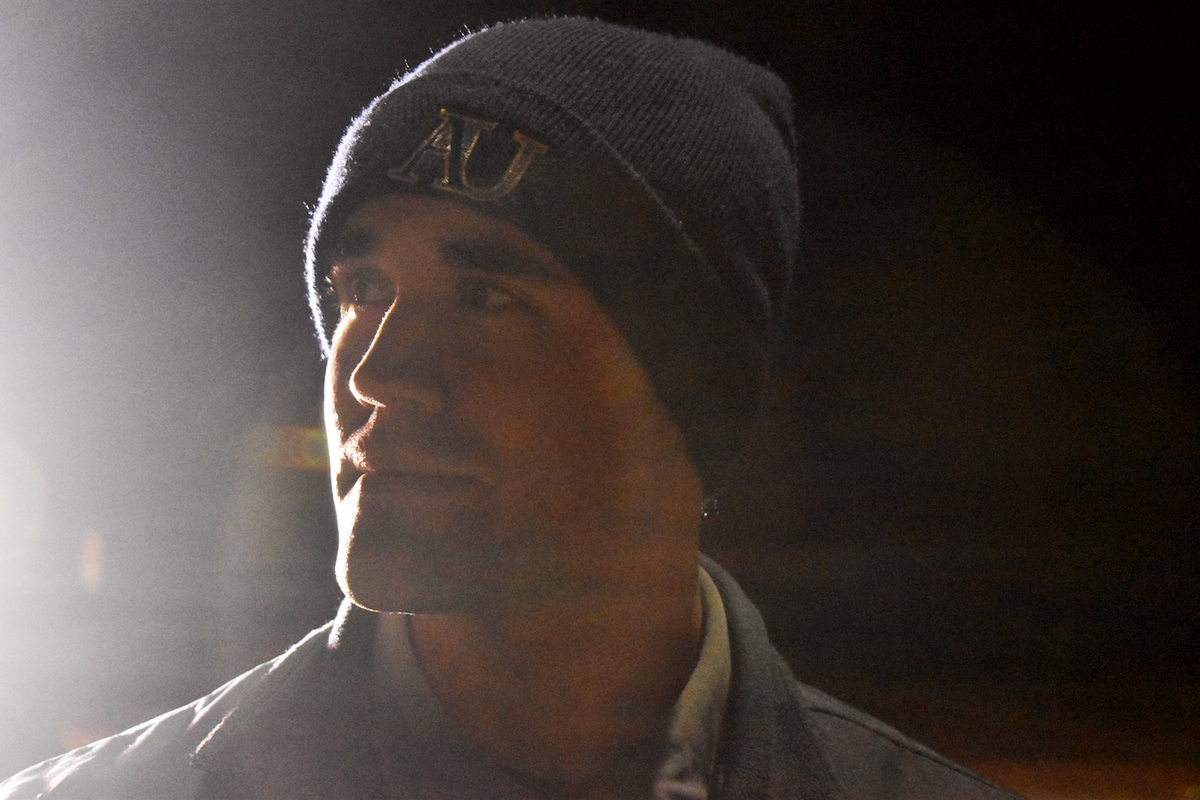History takes precedent – COVID-19 vaccine mandates should be upheld

As COVID-19 hospitalizations persist and the U.S. heads toward its eclipse of the two-year anniversary of the beginning days of the pandemic, employers’ vaccine mandates have begun to take effect — requirements that have been standard for decades in order to protect employees and reduce transmission of infectious diseases.
In 2020, when no vaccine was available to the general public, 352,000 Americans lost their lives in their fight against the novel virus. Yet in 2021, as vaccines became available in each city across the U.S., another 389,000 Americans have been killed by the virus and its variants.
The need to vaccinate the public is nothing new. In fact, the need for vaccine mandates predates the United States.
For millennia, smallpox devastated mankind, so much so that the origin of the disease is unknown but is believed to have appeared around 10,000 B.C. Affecting all levels of society, the disease needed to be stopped.
In combating the spread of smallpox — and prior to the discovery of vaccination — doctors and other inoculators used a small surgical knife called a lancet to introduce a smallpox blister, or pustule, into the arms or legs of nonimmune persons. This procedure was known as variolation, and although dangerous at times, was done to curb the spread of the highly contagious and deadly disease.
In the decades following the outbreak of smallpox in Boston, Massachusetts, in 1721, half of Boston’s 12,000 citizens contracted the disease. American soldiers in 1776, under the direction of General George Washington, were unable to take Quebec City from their British enemies due to smallpox affecting the number of healthy, uninfected soldiers available for battle.
But in September 1776, after the Continental Congress authorized Washington to order variolation of every recruit, he mandated the variolation of the Continental Army soldiers under his command. Not only was the Northern Army free of smallpox by September ’76, but they defeated the British invasion, compelling British forces to surrender at Saratoga. To this day, no record exists that indicates any one of Washington’s soldiers refused or protested the variolation.
By 1809, after the development of the smallpox vaccine, the state of Massachusetts passed the nation’s first immunization law requiring vaccinations for the general population. Even without the authorization of the Food and Drug Administration, which didn’t exist at the time, the vaccine was proven safe and effective.
Nearly a century later the U.S. Supreme Court heard arguments in 1905 in the case of Jacobson v. Massachusetts, in which the Court upheld the authority of states to pass and enforce compulsory vaccination laws. In their 7-2 decision, the Court overwhelmingly provided that the freedom of the individual must sometimes lie subordinate to the welfare of the general public — a precedent used to this day to support employer vaccine mandates in the workplace.
The decision of U.S. local, state and federal government leaders to mandate vaccines more than 100 years ago saved millions from dying of smallpox in the 1900s alone. But it did more than save lives; it eradicated the disease in the US and abroad.
On July 6 of this year, the Justice Department released its opinion providing that federal law does not prohibit businesses from requiring vaccines.
But as millions of Americans continue to refuse vaccination — despite employer required mandates — the Biden administration has taken federal action to mandate vaccine requirements or weekly testing for the virus for U.S. employers with more than 100 employees.
Here in Sioux Falls, Sanford and Avera Health — the two largest employers in the region — have required their workforce be fully vaccinated.
Although workers and advocacy groups across the country have filed more than 30 federal cases against such requirements, none have yet to succeed, with judges citing Jacobson v. Massachusetts in their rulings.
Of the 39 cases contesting employer-mandated COVID-19 vaccinations, courts have denied a dozen requests for the temporary expulsion of such requirements, while seven suits have ended with outright dismissals — an early indication that employee-charged protests of vaccine mandates in the workplace will not succeed in a court of law.
Unvaccinated peoples’ refusals to comply with employer-mandated COVID-19 vaccine requirements threaten any potential victory over the novel coronavirus.
For those who have taken the advice of the nation’s top infectious disease experts, physicians and healthcare workers on the front lines, employer vaccine mandates come as an additional safeguard to the health and well-being of the public.
Yet in refusing vaccination and merely offering themselves to weekly or even more sporadic, lengthier testing intervals, unvaccinated U.S. adults continue to subject their peers in the workforce to unwanted risk of COVID-19 infection while simultaneously weakening U.S. commerce, the U.S. economy and the U.S. workforce overall.



